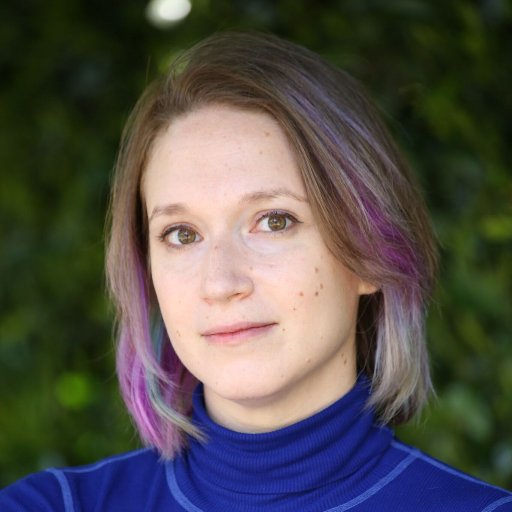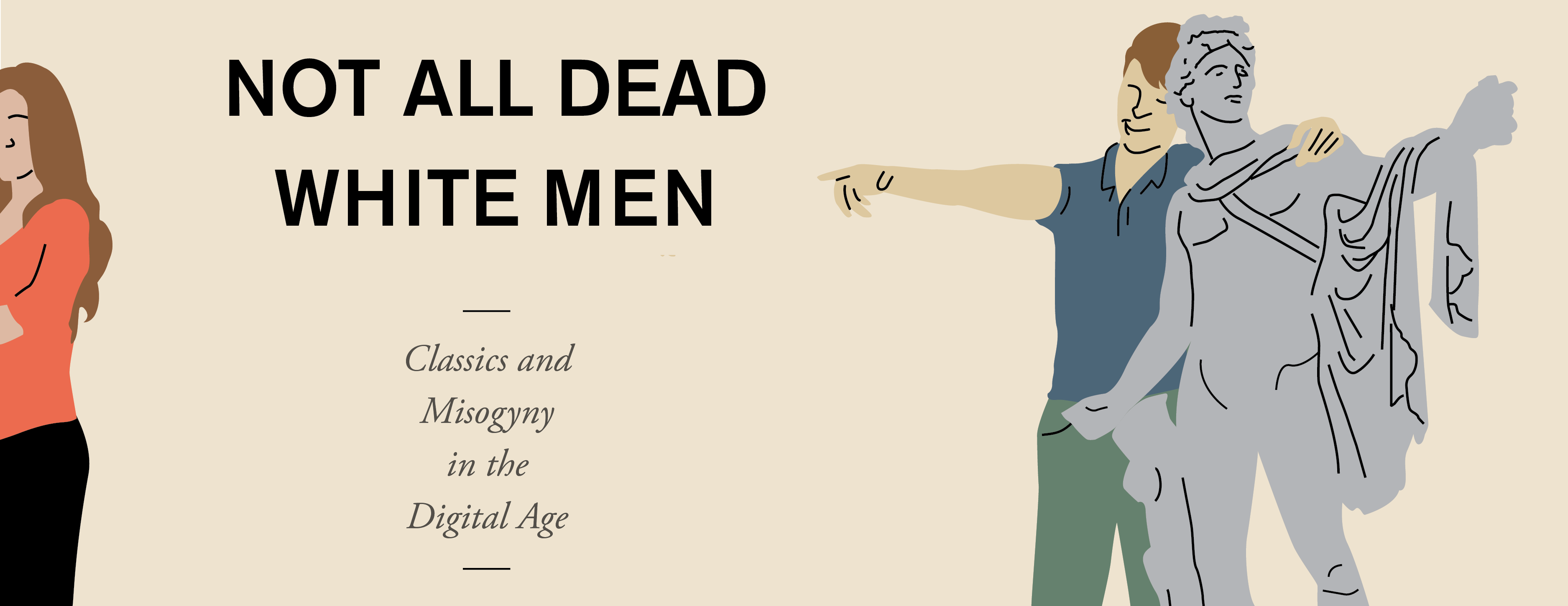In today's special guest episode, Dr Donna Zuckerberg and I talk about her role as Editor-in-Chief of Eidolon, which is an online journal for scholarly writing about Classics that isn’t formal scholarship. This leads us into a discussion about the importance of public-facing historical scholarship. More importantly, though, we discuss her new book titled “Not All Dead White Men: Classics and Misogyny in the Digital Age", which is a study of the reception of Classics in Red Pill communities.
"A virulent strain of antifeminism is thriving online that treats women’s empowerment as a mortal threat to men and to the integrity of Western civilization. Its proponents cite ancient Greek and Latin texts to support their claims―arguing that they articulate a model of masculinity that sustained generations but is now under siege. Donna Zuckerberg dives deep into the virtual communities of the far right, where men lament their loss of power and privilege and strategize about how to reclaim them. She finds, mixed in with weightlifting tips and misogynistic vitriol, the words of the Stoics deployed to support an ideal vision of masculine life. On other sites, pickup artists quote Ovid’s Ars Amatoria to justify ignoring women’s boundaries. By appropriating the Classics, these men lend a veneer of intellectual authority and ancient wisdom to their project of patriarchal white supremacy. In defense or retaliation, feminists have also taken up the Classics online, to counter the sanctioning of violence against women. Not All Dead White Men reveals that some of the most controversial and consequential debates about the legacy of the ancients are raging not in universities but online."
Dr. Donna Zuckerberg



